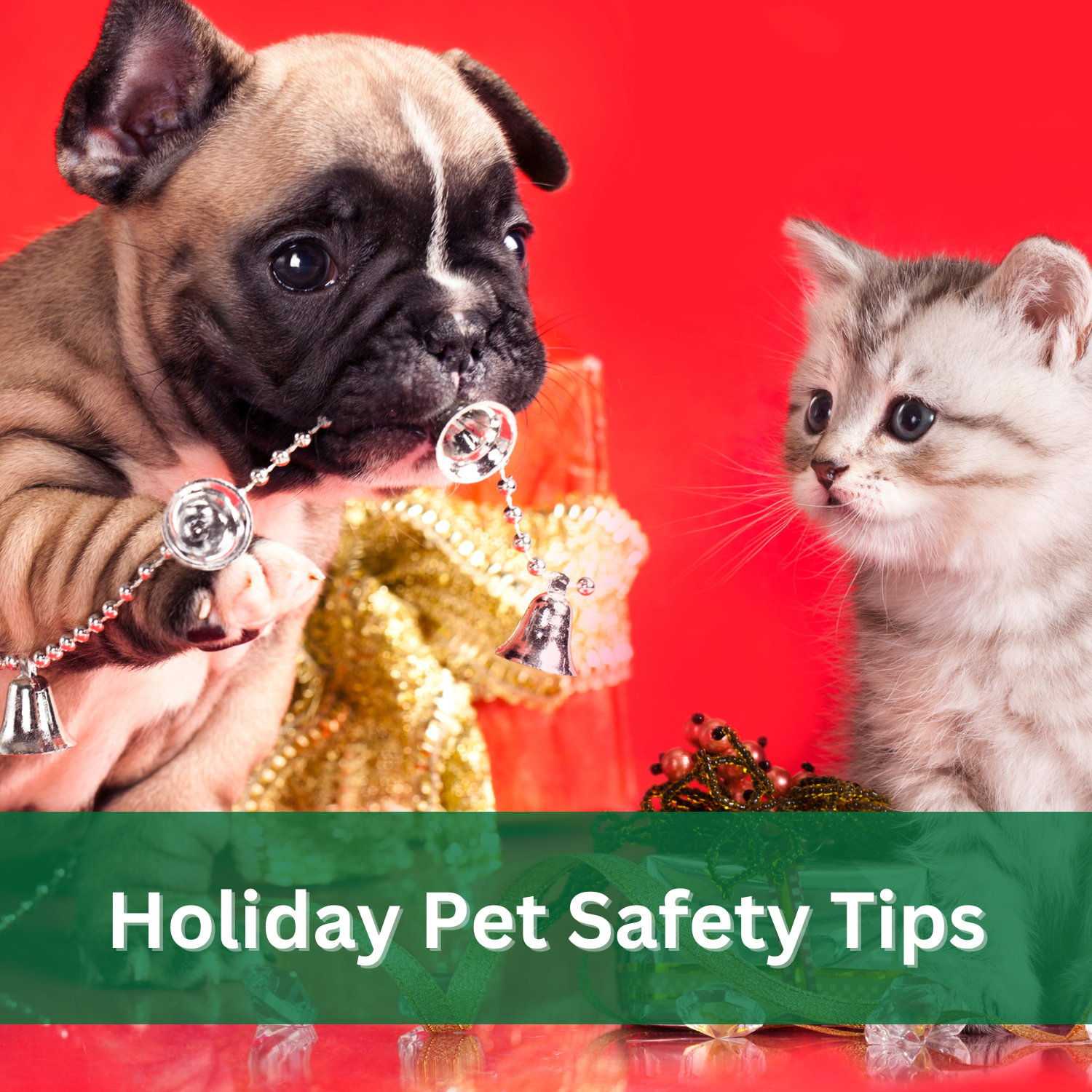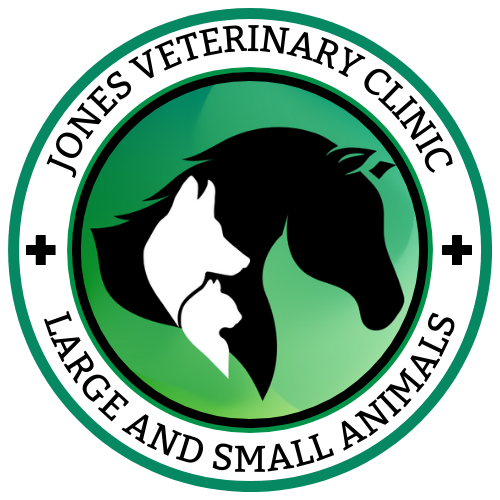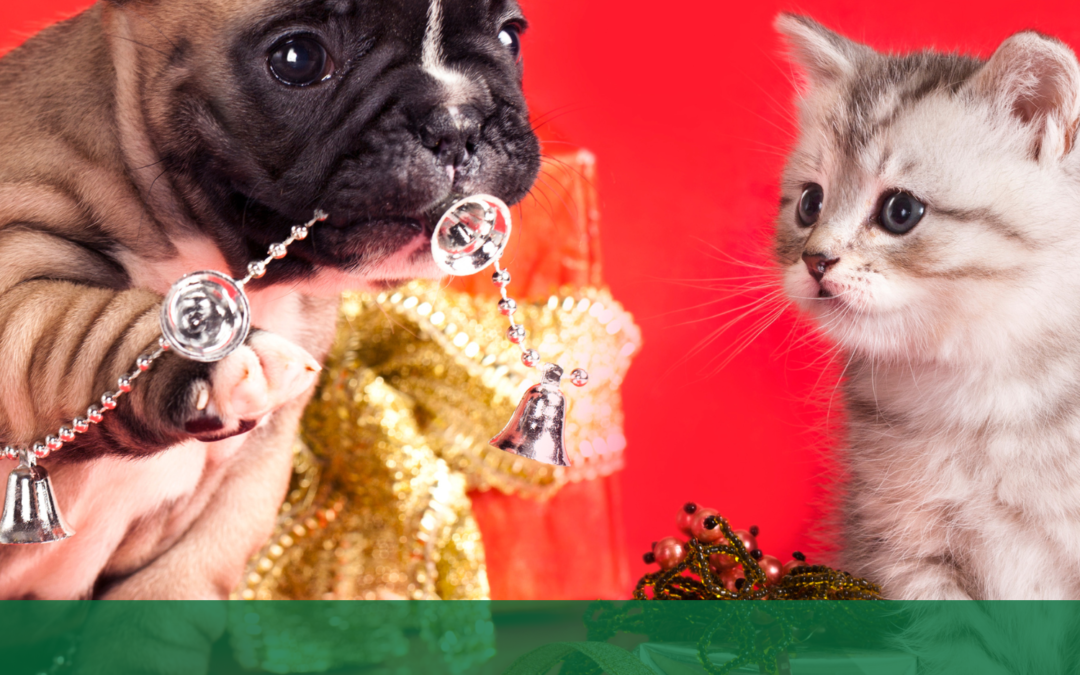Holiday Pet Safety: How to Keep Your Furry Friends Safe During the Festive Season
The holiday season is a time of joy, celebration, and family gatherings. However, as we decorate our homes and prepare for festive meals, it’s important to remember that many of the holiday traditions and decorations can pose potential hazards to our pets. Whether it’s curious cats, playful dogs, or other furry friends, keeping them safe during the holiday season requires some extra attention. In this blog, we’ll share some essential holiday pet safety tips to ensure your pets enjoy the festivities just as much as you do.
1. Avoid Toxic Holiday Plants
Many of the plants commonly associated with the holiday season can be toxic to pets. These include:
- Poinsettias: While not usually deadly, poinsettias can cause irritation to a pet’s mouth and stomach, leading to vomiting or drooling.
- Mistletoe: Mistletoe contains toxic compounds that can cause gastrointestinal upset, heart problems, and even death if ingested in large quantities.
- Holly: Holly berries and leaves can lead to nausea, vomiting, and diarrhea if consumed by pets.
- Christmas Trees: Not only can the needles be sharp and cause injury, but the water in the tree stand may also contain preservatives or stagnant water that can lead to illness if your pet drinks it.
To keep your pets safe, try using pet-safe alternatives like artificial plants or hang mistletoe and holly out of your pet’s reach. If you have a real tree, make sure to keep the tree water covered and inaccessible.
2. Keep Decorations Out of Reach
Holiday decorations often contain small parts or wires that can be dangerous for pets. Cats may find tinsel irresistible, while dogs might be attracted to shiny baubles or garland. Swallowing these items can cause choking or digestive blockages. Additionally, some decorations may have sharp edges that could cause cuts or injuries.
- Tinsel & Ribbon: These are a favorite among cats but can cause serious intestinal blockages if ingested. It’s best to avoid hanging tinsel or ribbons on low branches.
- Ornaments & Lights: Make sure ornaments are securely attached to the tree and that any electrical lights or cords are out of reach. Pets may chew on cords, potentially causing electrical shocks or fires.
- Candles: Never leave lit candles unattended, especially if your pet is curious about them. Consider using flameless LED candles as a safer alternative.
3. Monitor Holiday Treats
While it’s tempting to share your holiday meals with your pets, many foods that are common at this time of year are harmful to animals. Chocolate, alcohol, and certain spices like nutmeg and cinnamon can be toxic to pets. Additionally, rich foods like fatty meats or bones can cause digestive upset or even pancreatitis.
To keep your pets safe, avoid giving them any food that is not specifically designed for animals. Instead, treat them to pet-safe treats or a special toy.
4. Stress-Free Festivities for Your Pets
For many pets, the holiday season can be a stressful time. The increase in guests, noise, and changes to the household routine can cause anxiety for some animals. Cats may retreat to quiet spaces, while dogs may become more excitable or even destructive. Here are some tips to help keep your pet calm and comfortable:
- Create a Safe Space: Set up a quiet area where your pet can retreat if they become overwhelmed. This could be a separate room or a cozy corner with their bed, toys, and water.
- Stick to the Routine: Try to maintain your pet’s regular feeding and exercise routine. If possible, avoid large changes to their environment during the holidays.
- Introduce New People Slowly: If you’re hosting guests, introduce your pet to them gradually and make sure they have time to adjust to new faces and sounds.
5. Watch for Hidden Dangers
Other hidden dangers during the holidays include:
- Gift Wrapping Materials: Ribbon, gift bags, and wrapping paper may seem harmless, but they can cause choking or intestinal blockages if ingested.
- Cold Weather Hazards: If your pets go outdoors during the winter months, ensure they’re safe from extreme cold. Frostbite and hypothermia are real risks, especially for short-haired or small pets.
6. Regular Vet Visits
Before the holiday season gets into full swing, it’s a good idea to schedule a check-up with your veterinarian. This will ensure that your pet is in good health and up-to-date on vaccinations, flea/tick prevention, and any other necessary treatments. If you’re traveling during the holidays, ask your vet for advice on how to care for your pet while you’re away.
By taking these simple precautions, you can ensure that your pets stay safe, healthy, and happy during the holiday season. From keeping toxic plants out of reach to monitoring your pet’s behavior, a little extra attention goes a long way in creating a festive environment that is safe for everyone in the family – pets included.


